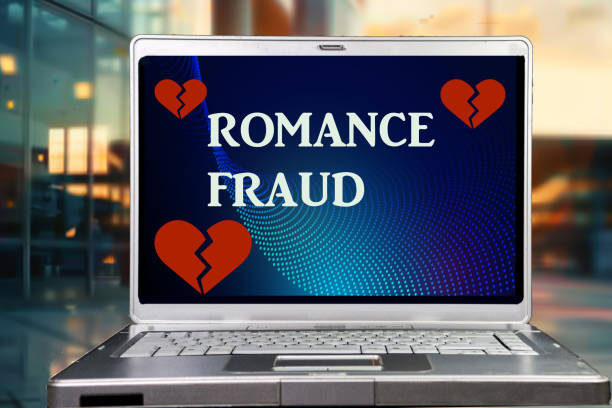The National Association of Enrolled Agents (NAEA) recently presented testimony at the Internal Revenue Service Public Hearing Regarding Special Enrollment Examination User Fee Proposed Regulations (REG-134122-15). As the organization representing 50,000 enrolled agents across the country, NAEA responded to the Agency’s proposed ninefold increase to the fee charged for the Special Enrollment Exam (SEE), a three part test required to earn the enrolled agent credential.
“An increase from $11 per part to $99 per part would nearly double the cost of each section of the SEE and explode the cost of taking each section to just south of $200,” stated Robert Kerr, NAEA Senior Director, Government Relations. “We have no idea how IRS is managing these costs, what it is doing to drive down the costs, and whether the costs IRS is incurring are necessary.”
NAEA President Terry Durkin, EA, has requested that IRS share the costing models or methodology used to derive the user fees, but as of today NAEA has not received that information. Without this information, it is difficult to determine whether or not the increase is actually necessary.
“IRS is in possession of an asset—the EA credential—that is grossly underleveraged,” said Kerr. “If IRS increased the number of SEE parts administered in any given year, then, all things being equal, the agency’s user fee per part would decrease. To that end, we wonder what IRS has done to grow the number of aspiring tax professionals who elect to take the SEE. Again, we wonder how IRS is trying to drive down the costs to SEE takers.”
Taxpayers desperately need some assurance that the person they are hiring to prepare their tax returns is at least minimally competent. Those who pass all three parts of the SEE well exceed that hurdle. The SEE is a stringent, three-part exam administered by IRS that tax professionals must pass in order to earn the enrolled agent designation, IRS’ highest tax credential (although some with IRS experience are able to bypass the exam).
Enrolled agents are required to report continuing education to IRS in order to maintain the credential. Kerr expressed his concern today that raising the exam fee so dramatically might have the effect of discouraging tax professionals from taking the test and earning the EA credential, thereby resulting in more unqualified return preparers in the tax profession.
NAEA’s formal comments can be viewed on the NAEA website.
Thanks for reading CPA Practice Advisor!
Subscribe Already registered? Log In
Need more information? Read the FAQs
Tags: IRS




